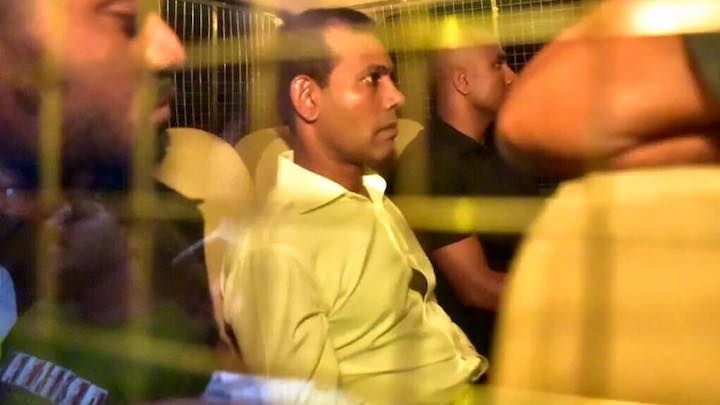High hopes for UN opinion on Nasheed’s imprisonment
After months of street protests, hundreds of arrests, and failed talks, the opposition and civil society groups hope a UN opinion on Nasheed’s imprisonment will provide a way forward. But will the government abide by a ruling favorable to Nasheed?

30 Sep 2015, 09:00
A UN ruling on former President Mohamed Nasheed’s imprisonment is expected to be made public next week. After months of street protests, hundreds of arrests, the jailing of opposition leaders, failed all-party talks and two controversial constitutional amendments, the opposition and civil society groups hope the UN opinion will provide a way out of the deadlock.
Noting an unprecedented loss of public confidence in the judiciary, Shahindha Ismail, the executive director of advocacy group Maldivian Democracy Network, said the ruling, which is based on international human rights law, “will provide guidance to right a grave wrong.”
“Let this be a beginning to move forward and bring stability to a troubled nation.”
The UN Working Group on Arbitrary Detention (UNWGAD), a panel of five independent experts, considers the Universal Declaration of Human Rights (UDHR) and the International Covenant on Civil and Political Rights (ICCPR), in issuing its opinions. The Maldives signed the ICCPR in 2006.
Become a member
Get full access to our archive and personalise your experience.
Already a member?
Discussion
No comments yet. Be the first to share your thoughts!
No comments yet. Be the first to join the conversation!
Join the Conversation
Sign in to share your thoughts under an alias and take part in the discussion. Independent journalism thrives on open, respectful debate — your voice matters.




